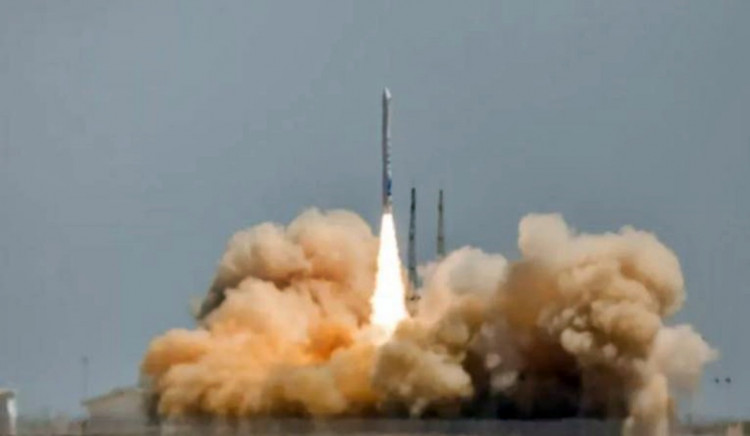A private launch company aiming to be China's version of Elon Musk's Space Exploration Technologies Corp. failed with its second orbital launch earlier this week. It exploded and crashed shortly after liftoff.
China's emerging private space-launch industry saw its winning record snapped with the failure of a second mission of a four-stage Hyperbola-1 launch vehicle developed by startup Beijing Interstellar Glory Space Technology Ltd., or i-Space.
The failure was the third China launch so far this year.
Also destroyed was a nanosatellite developed by Beijing Space Ark Space Technology Co., Ltd. and two more miniature satellites - or cube satellites. The Space Ark satellite would have provided orbit verification for technologies planned for the company's small and medium returnable spacecraft.
The launch was at 08:15 GMT at the Jiuquan Satellite Launch Center in the Gobi Desert in Inner Mongolia. Images show Hyperbola-1 in trouble immediately after liftoff. The launch vehicle disintegrated seconds later.
In July 2019, Interstellar Glory launched its first Hyperbola rockets into suborbital flight. One obtained low Earth orbit July 25.
This success made Interstellar Glory the first private China company to send satellites into orbit.
The company is developing solid fuel medium and heavy reusable launch vehicles for worldwide customers and in competition with SpaceX.
The outer fuselage of the Hyperbola lost Monday was decorated with creations by artist Xu Bing - who named the rocket Xu Bing Tianshu. Inside was a metal cube representing Xu Bing's "The Book of the Sky."





